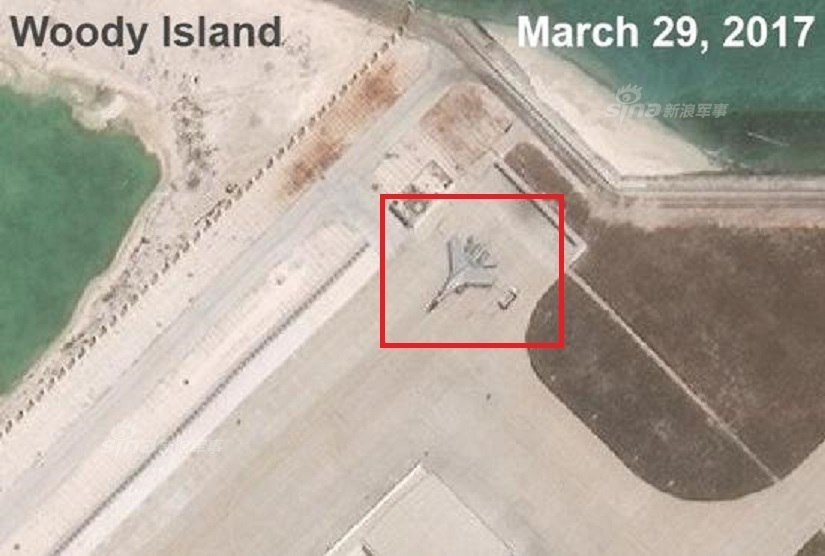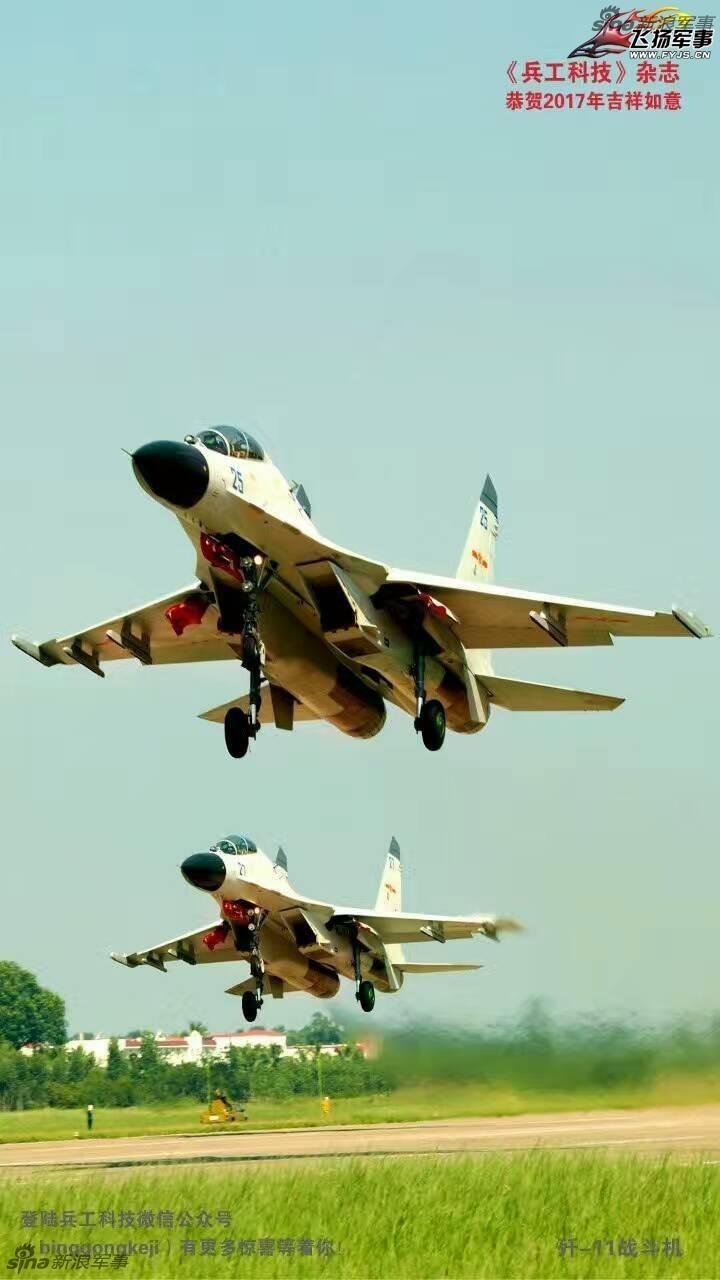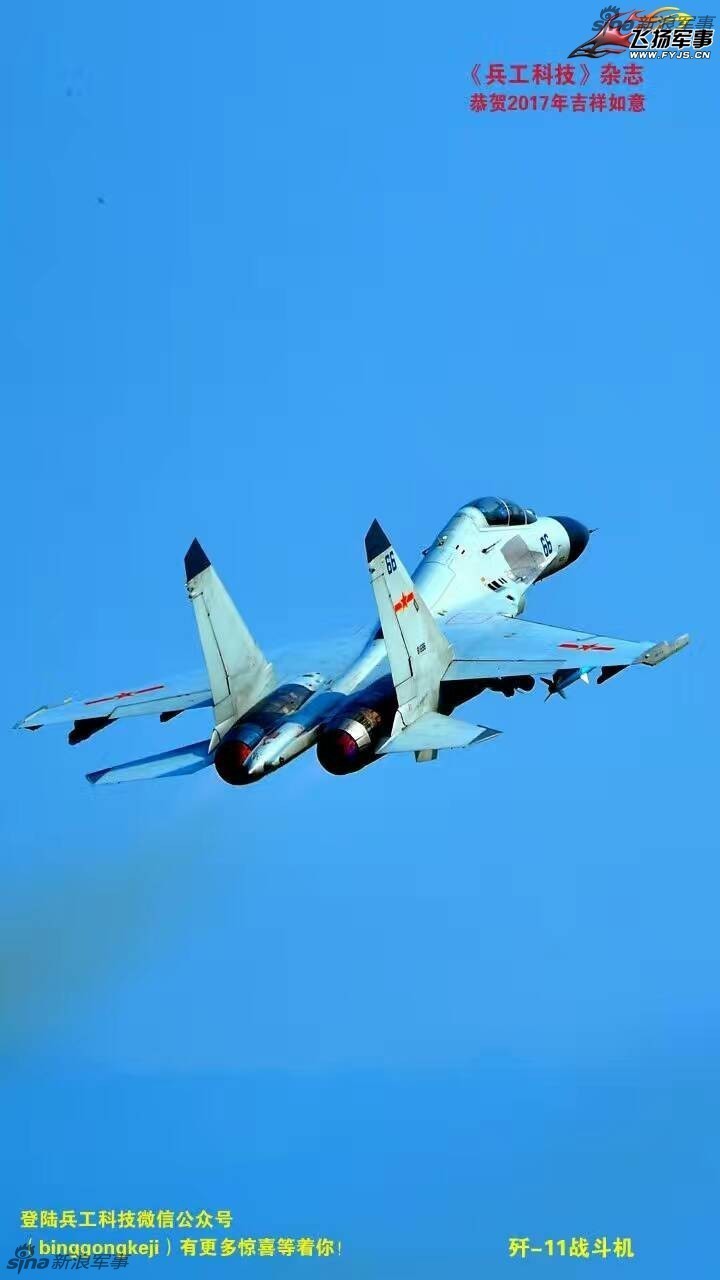Jura The idiot
General
interestingly Philippine fishermen allowed off Scarborough Shoal under close Chinese Coast Guard watch
source is NavalTodayFilipino fishermen are once again allowed to fish in the contested waters off Scarborough Shoal under Chinese Coast Guard supervision, China’s foreign ministry spokeswoman confirmed during a regular press conference on Monday.
China has given Filipino fishermen access to the waters, based on the “friendliness between China and the Philippines,” foreign ministry spokeswoman Hua Chunying told reporters.
Another reason for this “concession” possibly lies in the fact that Philippine president Rodrigo Duterte reportedly told China that he would not be placing weapons on a Philippines-occupied island in the South China Sea.
The Scarborough Shoal, referred to as Huangyan Dao by China, is a contested region of the South China Sea seized by China in 2012. Chinese control of the fishing area was declared illegal in a 2016 Permanent Court of Arbitration ruling that said China’s territorial claims in the region had no legal grounding.
The court made a differentiation between rocks and islands and low-tide elevations declaring that only naturally formed islands qualified for a 200-nautical mile exclusive economic zone. This means that most of the rocks and artificially-built islands upon which China’s so-called nine dash line was based on did not give China jurisdiction over the territory.
Hua Chunying confirmed the presence of Filipino fishermen off Scarborough Shoal after Reuters reporters visited the shoal last week. that the visit was the first access by foreign media since China seized it in 2012.
“It’s good that we’re now allowed inside, it helps me to support my family’s needs. I don’t want the Chinese here, because there’s so many, it’s affecting the way we fish… but I’m willing to share, I don’t want to be thrown out. At least I can fish,” Reuters quoted a Filipino fisherman as saying.




